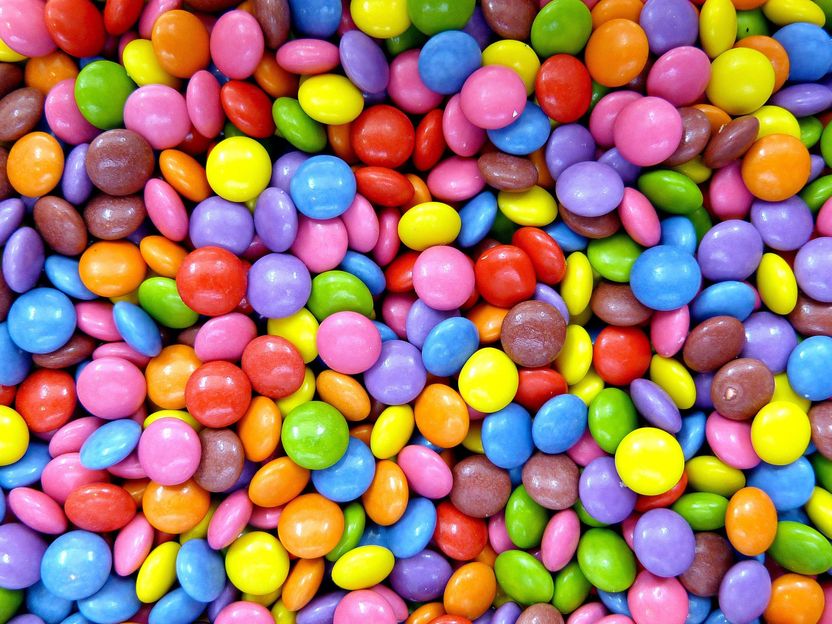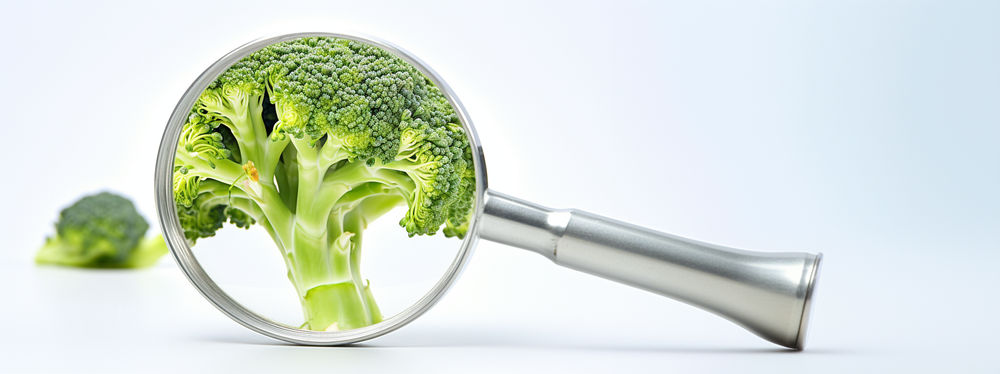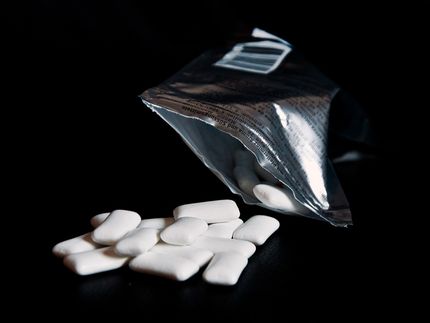Is stopping the dye titanium dioxide in food coming?
EU Commission is in favour
Advertisement
The EU Commission wants the widely used dye titanium dioxide to be banned from food because of possible cancer risks. With this proposal the Commission followed a recommendation of the EU food authority Efsa on Thursday. The substance, known as E171, is found in chewing gum, sweets, baked goods, soups and salad dressings, for example. Nutrition Minister Julia Klöckner also called for an EU-wide ban on the use of the substance in foodstuffs.

Bild von Hans Schwarzkopf auf Pixabay
The CDU politician explained that consumer health must come first. "In line with the precautionary principle, the EU-wide authorisation for titanium dioxide must therefore be withdrawn. It cannot be ruled out that the food additive has a damaging effect on genetic material." The EU Commission expressed a similar opinion.
However, the Brussels authority pointed out that there was no acute health risk. It would propose to the EU states to stop the approval, but after a suitable transition period.
The spokeswoman for nutrition policy for the Greens, Renate Künast, criticized the minister: "Instead of waiting for the decision of the European Food Safety Authority (Efsa), Federal Minister Klöckner should rather have taken action herself."
As long as there were still research gaps, national regulations and bans were needed in the sense of precautionary health protection. Here the minister had failed.
The substance, which is widely used by the industry, has been controversial for quite some time. France had stipulated that titanium dioxide should initially no longer be used in food from 2020. In December, Paris had extended the ban by one year. German consumer advocates, such as Foodwatch, have also been calling for a ban for some time. E171 can also be in medicines, for example in the white coating of dragées. The colorant has been approved for decades.
The experts of the EU authority Efsa in Parma, Italy, have not found any conclusive evidence for a toxic effect of E171. However, they could not exclude negative effects on the human genome and possible cancer risks.
Therefore, they advised against titanium dioxide in food. The agency does not impose a ban, but gives its studies to the European Commission and the 27 EU members. Brussels and the states can then take action with regulations. In Germany, the Federal Institute for Risk Assessment concurred with the assessment from Italy on Thursday.
The Efsa had come to a less stringent conclusion in an earlier study in 2016. At the time, it thought more research was needed. Now, Efsa expert in charge of food additives Maged Younes explained: "Taking into account all available scientific studies and data, the panel concluded that titanium dioxide can no longer be considered safe as a food additive."
Crucial, he said, were concerns with DNA, or genetic material. Although only a few titanium dioxide particles are ingested through food, "they can accumulate in the body," the expert explained.
Efsa had reassessed its safety assessment at the request of the EU Commission, it said. Numerous studies that had become available since 2016 had been used in the process. For example, data on small titanium dioxide particles, so-called nanoparticles, were used.
Titanium dioxide can also be found in other products, such as toothpaste and detergents. These products were not the subject of the audit. For another product group, such as paints, varnishes or mortars, the EU Commission had stated in 2019 that there should be a warning label for titanium dioxide in powder form in the future. This was about possible cancer risks from inhaling the powder./pky/DP/he (dpa)
Note: This article has been translated using a computer system without human intervention. LUMITOS offers these automatic translations to present a wider range of current news. Since this article has been translated with automatic translation, it is possible that it contains errors in vocabulary, syntax or grammar. The original article in German can be found here.
Other news from the department business & finance
Most read news
More news from our other portals
See the theme worlds for related content
Topic world Food safety
Food safety is at the heart of the food and beverage industry. It ensures that the food we eat every day is not only nutritious, but also free of harmful contaminants. From field to plate, the industry monitors and regulates every step of the process with strict quality controls, advanced testing methods and continuous research.

Topic world Food safety
Food safety is at the heart of the food and beverage industry. It ensures that the food we eat every day is not only nutritious, but also free of harmful contaminants. From field to plate, the industry monitors and regulates every step of the process with strict quality controls, advanced testing methods and continuous research.






























































